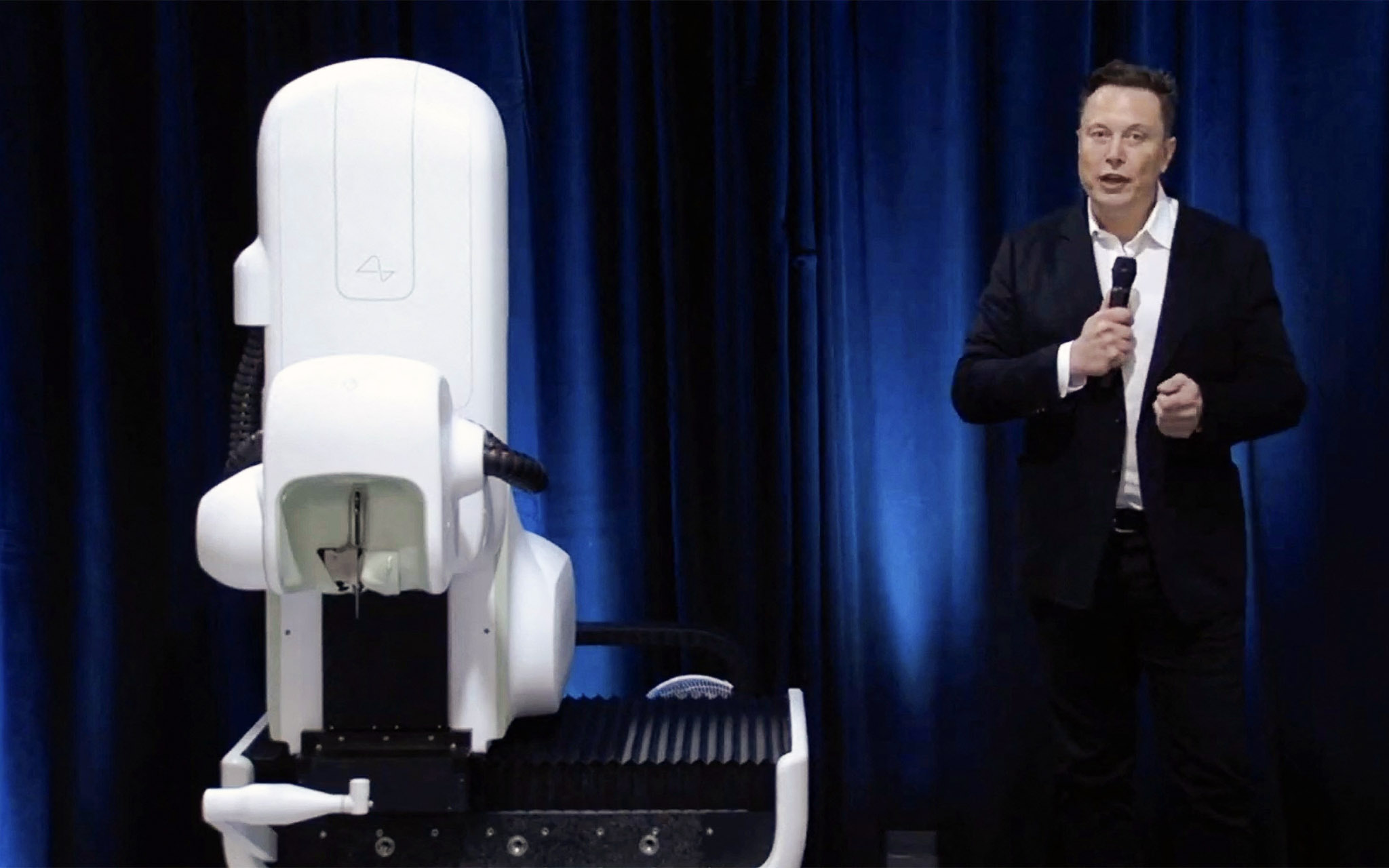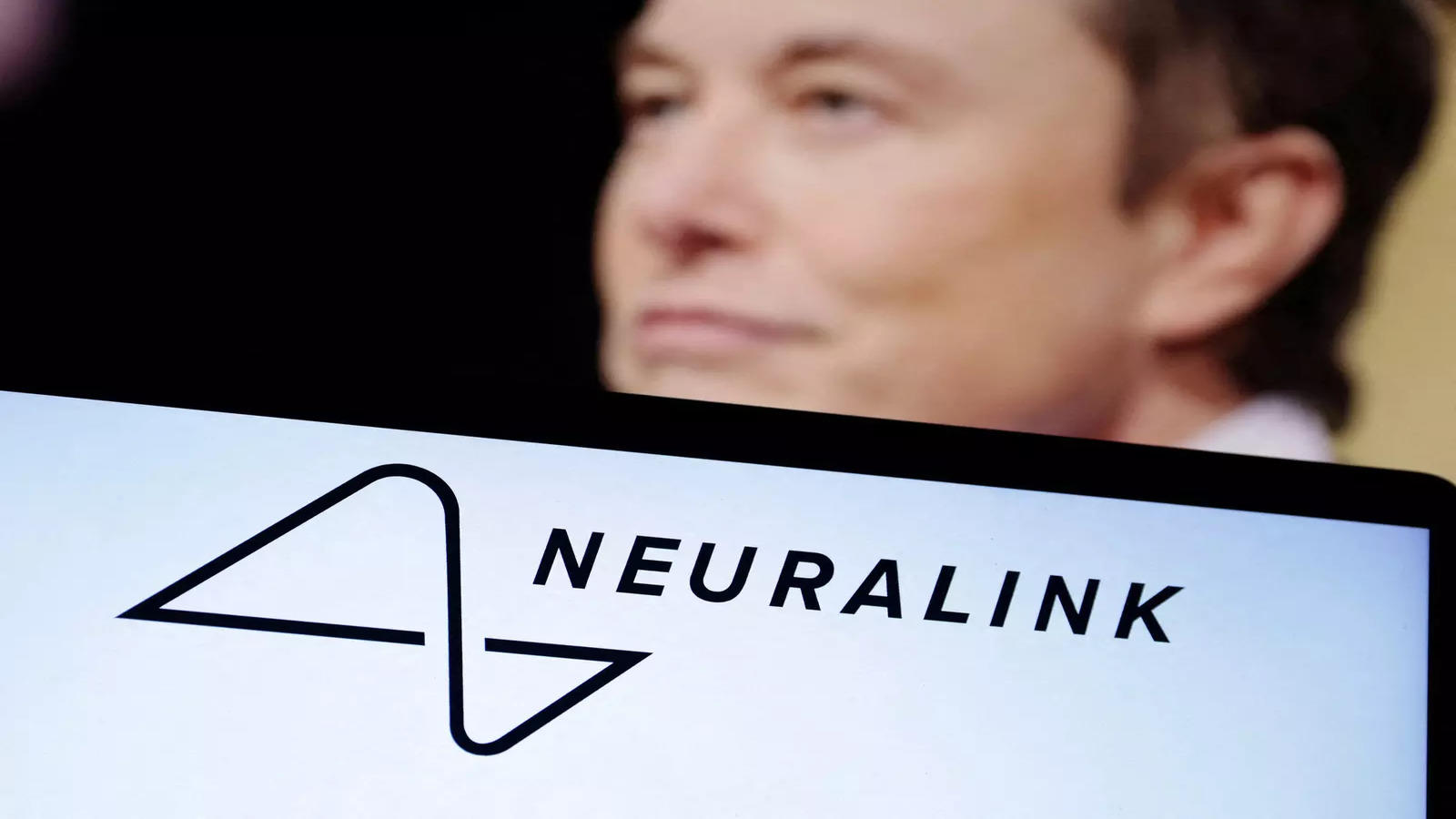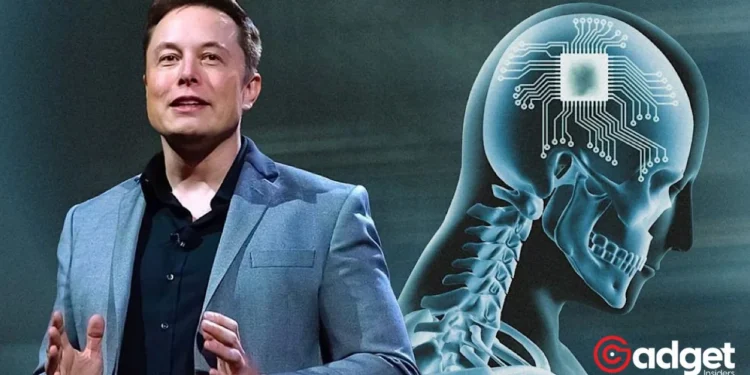In an era where technological advancements are breaking the barriers between science fiction and reality, Neuralink, Musk’s ambitious brain implant company, has reportedly made a groundbreaking achievement. For the first time, a human test subject, equipped with Neuralink’s cutting-edge brain chip, has demonstrated the ability to telepathically control a computer cursor.
This development not only marks a significant milestone for Neuralink but also paves the way for future innovations in human-computer interaction.

A Leap Towards Mind-Controlled Interfaces
Musk, the visionary CEO behind Neuralink, SpaceX, and Tesla, recently shared exhilarating news about the company’s progress in brain-computer interface technology. During a Spaces event on X, Musk revealed that Neuralink’s inaugural human patient had not only recovered fully from the implantation procedure but was also successfully moving a mouse cursor on a screen using nothing but their thoughts.
“Progress is good and the patient seems to have made a full recovery, with no ill effects that we are aware of. The patient can move a mouse around the screen by just thinking,” Musk stated, emphasizing the seamless integration of human cognition with digital devices.

The achievement is a testament to the company’s ambitious goal to enable people to interact with computers and potentially regain motor functions using only their minds.
The company’s first N1 brain chip, which contains 1,024 electrodes and is connected by 64 fine threads, is designed to be “cosmetically invisible” once implanted, offering a futuristic vision of medicine and technology merging in ways previously imagined only in science fiction.
Neuralink: The Journey of Innovation and Challenge
Neuralink’s journey towards revolutionizing brain-computer interfaces hasn’t been without its challenges. Despite receiving FDA approval for human testing of its N1 chip last year, questions regarding the long-term safety of such implants remain. Moreover, Musk’s portfolio of companies, including Neuralink, has faced scrutiny over safety law violations.
From fines for hazardous material transport without proper registration to lawsuits for failing to meet hazardous waste disposal standards, the road has been rocky.
Elon Musk says the first neuralink patient can now control a computer mouse with their thoughts. pic.twitter.com/7VidgYU5k4
— Daily Loud (@DailyLoud) February 20, 2024
However, the potential benefits of Neuralink’s technology could be transformative, especially for individuals with quadriplegia or amyotrophic lateral sclerosis (ALS), offering a new lease on independence and interaction with the world around them.
The company’s ongoing human clinical trials, spanning six years, continue to seek participants, reflecting the company’s commitment to refining and expanding the capabilities of its technology.
Elon Musk: The Future Powered by Thought
As Neuralink strides forward, the implications of mind-controlled computers extend far beyond the ability to move a cursor on a screen. The prospect of enabling individuals to click, type, and navigate digital spaces through thought alone opens up new avenues for accessibility, efficiency, and even creativity in the digital realm.

While the safety and ethical considerations of brain implants are topics of ongoing debate, Neuralink’s recent success signifies a remarkable step forward in the interface between the human mind and machines. As we stand on the cusp of this new frontier, the possibilities seem as limitless as the human imagination itself.
In a world increasingly driven by technology, Neuralink’s advancements offer a glimpse into a future where thought and action merge seamlessly, heralding an era where the boundaries between mind and machine blur in service of human empowerment and connectivity.










